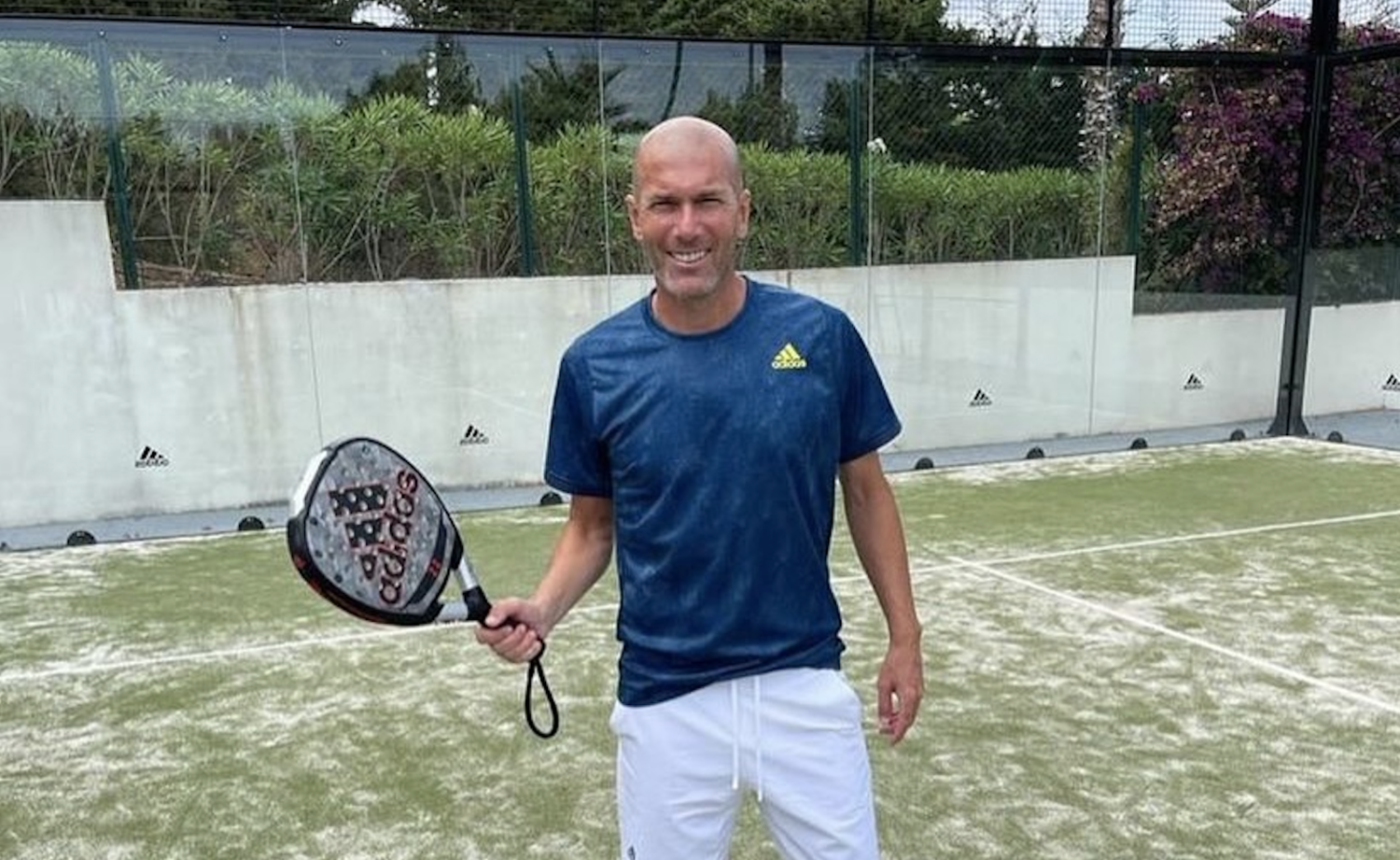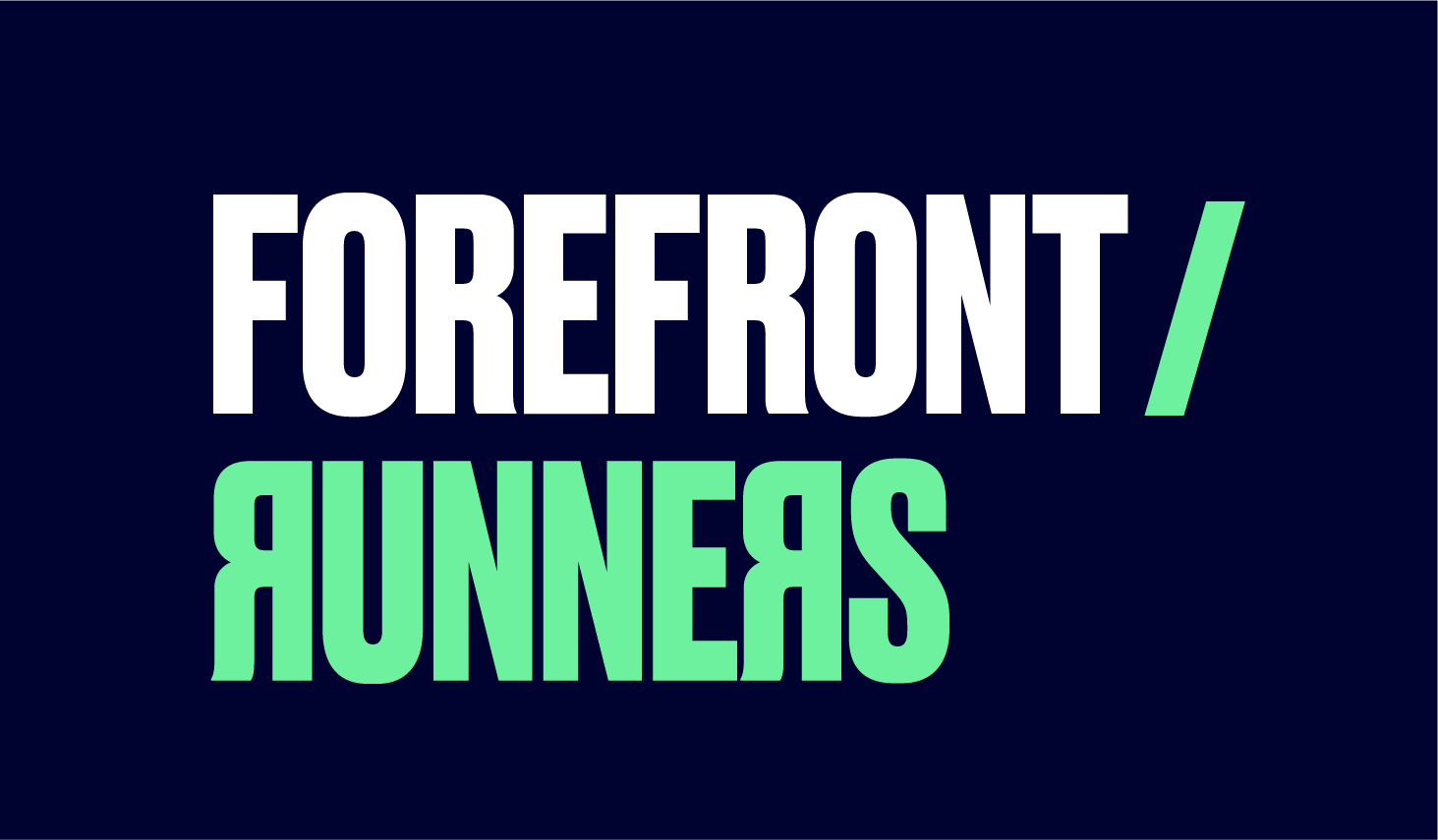Padel is Taking the World by Storm: Why Athletes Are Flocking to Support It.

Outside of the court, there's an electric buzz surrounding Padel. Padel courts are popping up worldwide, from schools to local clubs, with the aim of boosting Padel's popularity at the grassroots level.
Investors are eagerly vying to be part of this phenomenon, often described as the 'fastest-growing sport globally.' Renowned athletes are putting their financial backing behind the sport, with examples like British tennis legend Andy Murray investing in Edinburgh-based Game4Padel, and Swedish footballer Zlatan Ibrahimovic establishing Padel facilities in his home country, Sweden and Italy. Even France's Fifa World Cup champion, Zinedine Zidane, has his own Padel courts. Mega-wealthy sports financiers are also taking notice, as a new tour supported by PSG's Qatari owners emerges.
What's attracting investors to Padel?
Well, it's primarily the sport's remarkable growth rate. According to Deloitte, there are already more than 18 million Padel players globally, nearly a quarter of the 87 million tennis players worldwide. Success stories in Spain and Italy suggest that Padel is gaining traction in other European countries.
Padel also possesses an inherent efficiency, accommodating eight players on the same space as a tennis court. Typically, you'd need a massive amount of space for a mid-tier business in this sector. However, with Padel, you can create substantial volume. Moreover, its pay-to-play model offers a straightforward business structure for each court, simplifying revenue tracking and growth assessment.
The social aspect of the game is another vital component. According to Deloitte's report, 57% of players express a desire to have a drink after playing. Clubs aim to create facilities where people gather before and after games. This social element undoubtedly plays a pivotal role in Padel's growth.
What will fuel Padel's continued growth?
While Padel has made significant strides, it has not yet firmly established itself in the mainstream. Several factors need to align for it to achieve the level of success seen in Italy and Spain.
Firstly, investment must start at the grassroots level, particularly for children and teenagers. Padel needs to become a viable alternative to tennis or football during the formative years of individuals, which would lead to wider adoption among kids and families.
There's also a pressing need for more Padel facilities. In the UK, there are only a few hundred Padel courts, but landlords are starting to recognize the commercial potential of bringing in Padel. Growth is directly proportional to investment, and if more courts are built, the player base will expand rapidly.
Looking ahead, financial incentives must align to encourage people to take up Padel as a profession. Progress is being made in this regard, with the Qatari-backed Premier Padel Tour promising more frequent competitions and larger prize pools. Such a tour could have a significant impact on audience growth.
